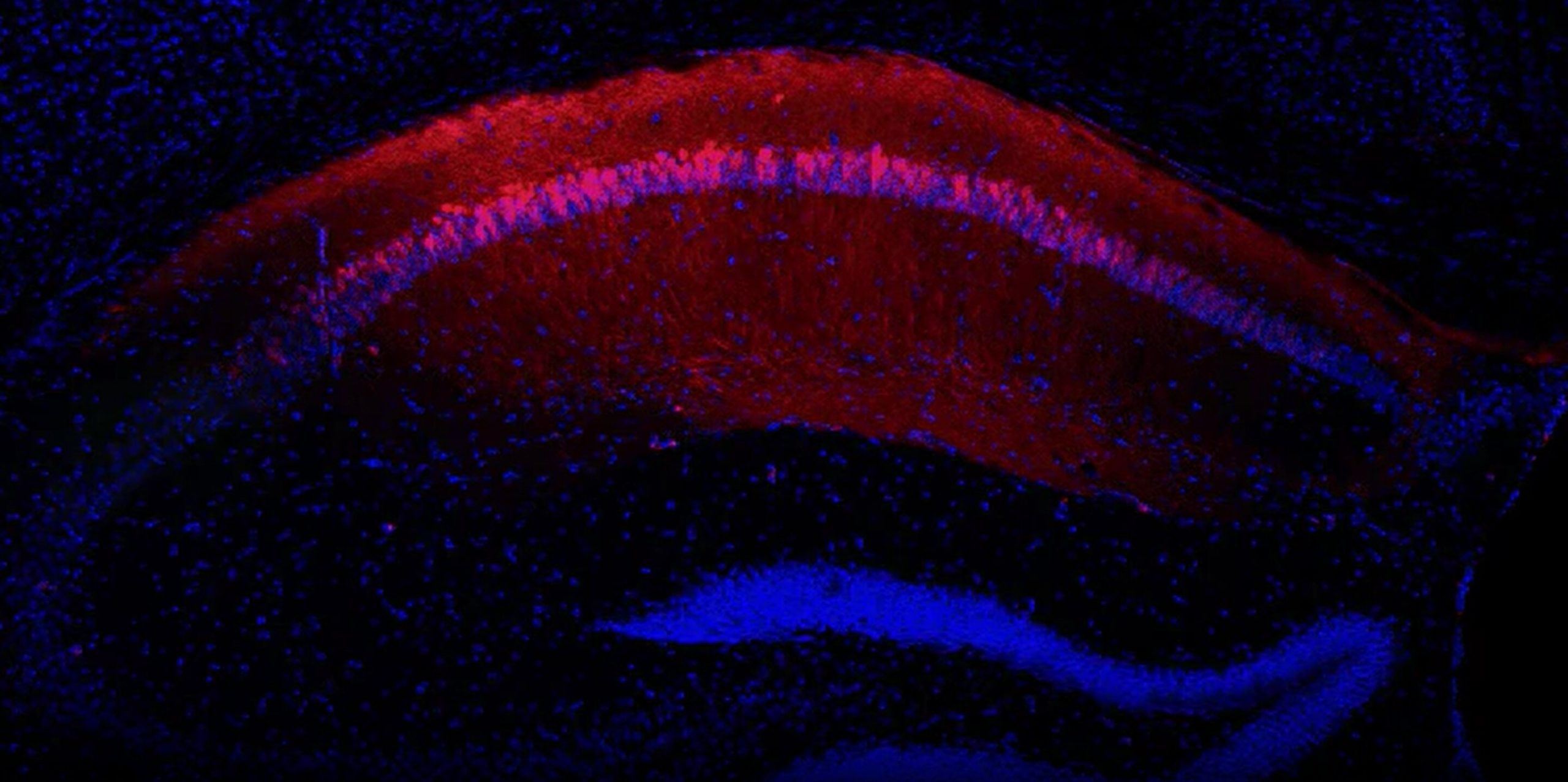Research at the University of Portsmouth has explored the relationship between high impulsivity and boredom, in an effort to find out what drives rash and sometimes unhealthy decisions.
Impulsivity is the tendency to act quickly, and without thinking things through. It is linked to several psychiatric disorders, including ADHD, Borderline Personality Disorder, and Substance Use Disorders.
While it is well-known there is a strong link between boredom and impulsiveness, two new studies have shed light on the role stress plays in this relationship.
The results, published in Physiology & Behavior, found participants with high trait impulsivity reported greater levels of boredom following a dull task. While this finding was expected, the new discovery was that these individuals experienced a greater physiological reaction by releasing more of the stress hormone cortisol.
Dr James Clay, lead author and researcher at the Canadian Institute for Substance Use Research and Dalhousie University said: “Our findings shed light on the biological underpinnings of why some individuals, particularly those with high impulsivity, find boredom more stressful than others. By identifying how their stress response is triggered, and that cortisol is a key mediator, we can begin to better understand why this happens and to explore targeted interventions that help manage these reactions.
“This opens up new avenues for developing personalised approaches to reduce stress and improve mental health, especially for those who struggle with impulse control and the negative consequences of boredom.”
Boredom is a form of psychological stress for most people, because it is a state of restless dissatisfaction and often leads an individual to seek out stimulation. However, more impulsive people’s inherent response to stressful events could be the reason why they are more triggered by boring situations.
Senior author, Dr Matt Parker is a neuroscientist specialising in the study of stress, who now works at the University of Surrey. He said: “We know highly impulsive people are more likely to develop addictions over a lifespan. There has always been a connection between impulsiveness and boredom, but the mechanisms behind this relationship aren’t fully understood.
“For instance, early theories suggested people with ADHD struggle with boredom because they don’t like to wait, and because of this they tend to act rashly. But what makes them impatient, and how can we mitigate this feeling so that they are more comfortable with being bored?
“That’s where stress comes in. Our research supports the hypothesis that high-impulsive people experience greater physiological responses to boredom. If we can find ways to mitigate these stress symptoms it might prevent them from seeking unhealthy stress reliefs, like drugs or gambling.”
In the first study, 80 participants completed a boring task and reported on how it made them feel. The results supported existing evidence that impulsive individuals are more prone to boredom than others.
The second monitored 20 people’s physiological response to boredom, by testing samples of their saliva for cortisol, both pre and post-task. It found the system that manages the body’s stress response — known as the hypothalamic-pituitary-adrenal (HPA) axis — increased the levels of the stress hormone in the body during the task.
“Knowing that the stress response links boredom with impulsivity brings us a step closer to developing potential solutions to break the cycle,” explained co-author Juan Badariotti from the University of Portsmouth’s School of Psychology, Sport and Health Sciences.
“We hope this discovery will inspire future research into potential interventions at breaking this feedback loop of boredom, stress, and impulsiveness, and eventually develop more effective coping mechanisms for psychiatric disorders.”
The paper’s authors recommend future research should replicate the second study with a larger sample of participants, and measure how prone they are to boredom as well as impulsiveness.


